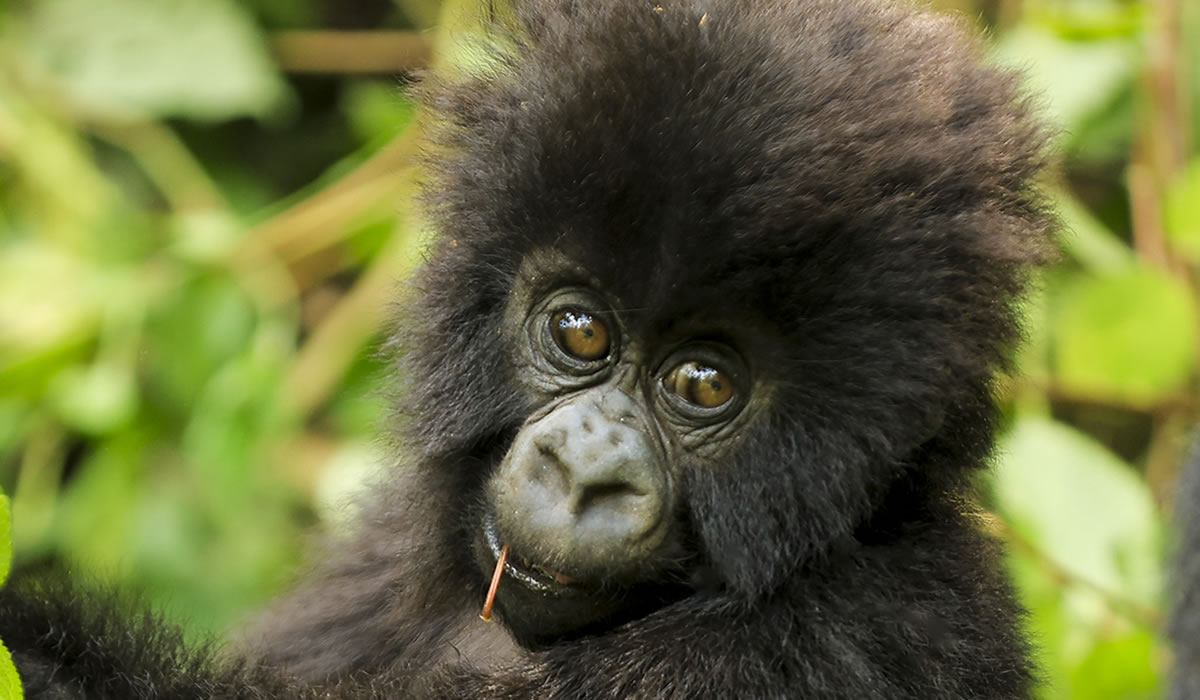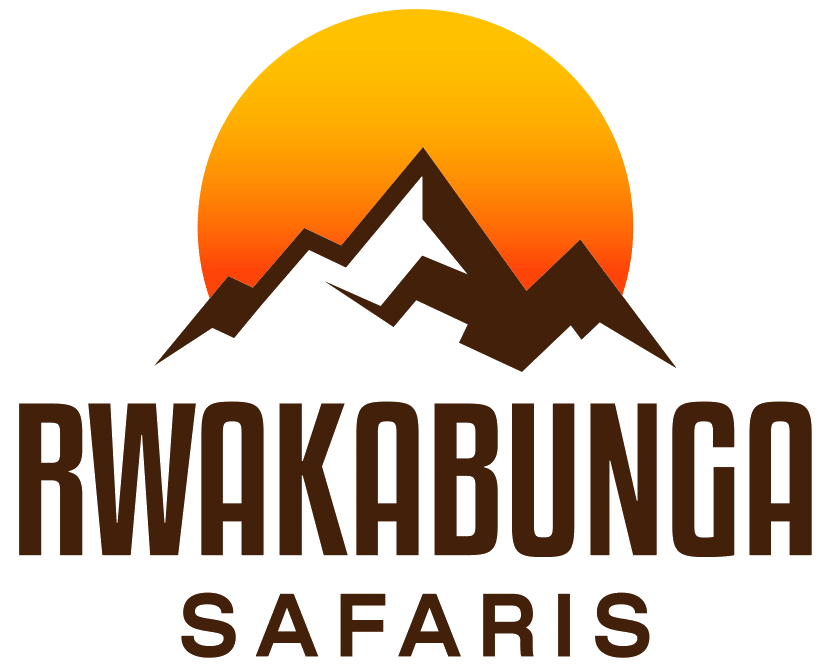Rwanda has emerged as one of Africa’s most remarkable tourist destinations. Known for its stunning landscapes, rich culture, remarkable wildlife, and warm hospitality, Rwanda offers an unforgettable experience for tourists seeking both adventure and tranquility. Despite its small size, the country has positioned itself as a leader in eco-tourism and sustainable travel. From gorilla trekking in Volcanoes National Park to exploring Kigali’s vibrant urban life, Rwanda blends natural beauty with a powerful story of transformation and resilience. This article explores key facts about Rwanda as a tourist destination, highlighting its geography, wildlife, culture, climate, attractions, and tourism infrastructure.

Geography and Location
Rwanda is a landlocked country located in East-Central Africa, bordered by Uganda to the north, Tanzania to the east, Burundi to the south, and the Democratic Republic of Congo to the west. Covering an area of about 26,000 square kilometers, Rwanda’s compact size makes it easy to explore in a relatively short time. The country’s terrain is dominated by rolling hills, lush green valleys, and volcanic mountains, earning it the nickname “Land of a Thousand Hills.” Lake Kivu, one of Africa’s Great Lakes, forms part of the western border and provides breathtaking views and opportunities for water-based tourism. The combination of mountains, lakes, and forests creates a scenic and diverse environment that attracts nature enthusiasts and adventure tourists alike.
Wildlife and National Parks
Rwanda’s wildlife is one of its biggest tourism assets. The country is home to three major national parks, Volcanoes National Park, Akagera National Park, and Nyungwe Forest National Park each offering unique experiences.
Volcanoes National Park, located in the northwestern region, is world-famous for mountain gorilla trekking. It is part of the Virunga Mountains, which also extend into Uganda and the Democratic Republic of Congo. The park shelters a population of endangered mountain gorillas, and encountering these gentle giants in their natural habitat is a life-changing experience for tourists. Gorilla trekking permits are limited to ensure sustainable tourism and conservation, but the experience is well worth the effort and cost.
Akagera National Park, situated in the east, showcases Rwanda’s savannah side. It is the country’s only park with the Big Five; lion, leopard, elephant, buffalo, and rhinoceros making it an excellent destination for wildlife safaris. The park also features scenic lakes, wetlands, and open grasslands that support a variety of species, including giraffes, zebras, antelopes, and hundreds of bird species.
In the south, Nyungwe Forest National Park offers a different kind of adventure. It is one of Africa’s oldest rainforests and a haven for primates, including chimpanzees, colobus monkeys, and mangabeys. The park’s canopy walk is one of the highlights, giving tourists a thrilling perspective of the forest from above the trees. Rwanda’s commitment to conservation has made these national parks models of eco-tourism in Africa.
Cultural Heritage and People
Rwanda’s rich cultural heritage and the warmth of its people make it a truly unique destination. The country is home to a unified population that shares a strong sense of national identity, shaped by resilience and progress. Tourists visiting Rwanda can immerse themselves in traditional dance, music, art, and cuisine that reflect the country’s history and traditions.
Cultural villages such as the Iby’Iwacu Cultural Village near Volcanoes National Park allow tourists to experience Rwandan life firsthand. Visitors can participate in traditional drumming, learn local crafts, and taste Rwandan dishes prepared with local ingredients. The capital city, Kigali, also has a thriving art and fashion scene, with galleries and craft markets showcasing the creativity of Rwandan artisans.
The Rwanda Genocide Memorial in Kigali stands as a powerful reminder of the country’s tragic past and remarkable recovery. It honours the victims of the 1994 genocide and educates visitors about the importance of unity and reconciliation. This site has become an essential stop for tourists seeking to understand Rwanda’s journey toward peace and development.
Climate and Best Time to Visit
Rwanda enjoys a mild tropical climate due to its high altitude. The country experiences two main rainy seasons, from March to May and from September to November, and two dry seasons, from December to February and from June to August. The best time to visit Rwanda for most outdoor activities, including gorilla trekking and wildlife safaris, is during the dry seasons when the trails are easier to navigate and animals are more visible.
Temperatures remain moderate throughout the year, typically ranging between 15°C and 27°C. The cool climate makes Rwanda a comfortable destination for tourists who wish to explore its mountains and forests without extreme heat. The lush greenery after the rains also makes the landscape particularly photogenic for nature and landscape photographers.
Adventure and Outdoor Activities
Rwanda is an emerging adventure tourism hotspot. Gorilla trekking remains the country’s most iconic activity, but there are many other outdoor adventures for thrill-seekers. Hiking in Volcanoes National Park offers not only the chance to see gorillas but also to climb the dormant volcanoes such as Mount Bisoke and Mount Karisimbi, which provide panoramic views of the Virunga range.
For those who love water-based adventures, Lake Kivu offers opportunities for kayaking, boat cruises, and swimming in the crystal-clear waters. The surrounding hills and islands make it a perfect spot for relaxation and exploration. Nyungwe Forest’s canopy walk, the only one of its kind in East Africa, gives tourists an adrenaline rush as they walk 60 meters above the forest floor on a suspended bridge.
Cycling enthusiasts can explore the Congo Nile Trail, a scenic route that runs along the shores of Lake Kivu, offering a mix of beautiful views, rural encounters, and cultural experiences. The trail is popular among tourists who want to combine adventure with community-based tourism.
Tourism Infrastructure and Accommodation
Rwanda has invested heavily in improving its tourism infrastructure and promoting sustainable travel. Kigali International Airport serves as the main entry point and is one of the most efficient and modern airports in East Africa. The country’s road network is well-maintained, allowing easy travel between major attractions. Domestic flights and organized tour services make travel within Rwanda convenient and safe.
Accommodation in Rwanda caters to all budgets and preferences. Luxury lodges such as Bisate Lodge, One&Only Gorilla’s Nest, and Nyungwe House provide world-class comfort with stunning views and eco-friendly designs. Mid-range hotels and budget guesthouses are also available in towns near the parks, ensuring accessibility for all types of tourists. Most lodges around the national parks are built to blend with the natural surroundings and promote conservation.
Rwanda’s tourism policy emphasizes sustainability and community involvement. Many lodges and tour operators support local communities by providing employment, funding education, and engaging in environmental projects. This approach not only enhances the tourist experience but also ensures that tourism benefits the people living around protected areas.
Safety and Hospitality
Rwanda is widely regarded as one of the safest countries in Africa. The government’s focus on security and cleanliness has made Kigali one of the cleanest and most orderly cities on the continent. Tourists often note the sense of safety and comfort while traveling around the country, even at night. English, French, and Kinyarwanda are the main languages spoken, with English being widely used in tourism and business.
The hospitality of the Rwandan people further enhances the country’s appeal. Tourists are warmly welcomed and treated with respect wherever they go. The emphasis on community-based tourism ensures that visitors have authentic interactions with locals while contributing positively to their livelihoods.
Eco-Tourism and Conservation Efforts
Rwanda has gained international recognition for its commitment to eco-tourism and wildlife conservation. The government’s policies prioritise environmental sustainability and community development. One of the flagship programs is the “Revenue Sharing Scheme,” where a percentage of park entry fees is allocated to community projects such as schools, hospitals, and infrastructure around national parks.
The annual Kwita Izina Gorilla Naming Ceremony celebrates Rwanda’s conservation success. During this event, newborn gorillas are given names, symbolising the country’s dedication to protecting its wildlife. This initiative has not only boosted tourism but also raised global awareness about Rwanda’s conservation achievements.
Plastic bags are banned in Rwanda, and strict environmental laws have made the country one of the cleanest in the world. Tourists visiting Rwanda often appreciate its well-maintained environment and sense of national pride in sustainability.
Unique Attractions and Hidden Gems
Beyond the main attractions, Rwanda offers several hidden gems that add to its tourism appeal. The Musanze Caves, formed by ancient volcanic activity, provide an intriguing underground adventure. The King’s Palace Museum in Nyanza offers a glimpse into Rwanda’s royal heritage, while the Ethnographic Museum in Huye showcases the country’s cultural evolution through artifacts and exhibits.
The Gishwati-Mukura National Park, Rwanda’s newest protected area, is another gem for eco-tourists. It is home to chimpanzees, golden monkeys, and numerous bird species. The park plays a vital role in forest restoration and biodiversity conservation.
Rwanda has transformed itself into one of Africa’s leading tourist destinations, combining natural beauty, rich culture, and responsible tourism practices. From the majestic mountain gorillas of Volcanoes National Park to the rolling hills and pristine waters of Lake Kivu, the country offers diverse experiences for all types of tourists. Its focus on sustainability, security, and community empowerment sets it apart as a model for modern tourism development. Whether you seek adventure, cultural immersion, or a peaceful escape surrounded by nature, Rwanda the Land of a Thousand Hills promises an inspiring and memorable journey.

